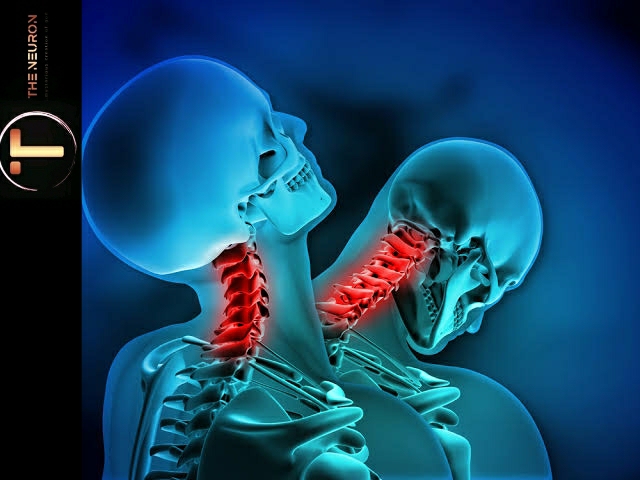
Numbers of times we have felt reeling of head. The whole world rotates around us. Everything feels spinning around us. Sometimes it’s so severe that we feel falling on ground. Many people feel dizziness and fullness of head. Sometimes it’s so severe that people do feel nausea and vomiting.

The head reeling has several causes. There are several signs for diagnosis of causes of head reeling. It can occur due to small pathologies, like change in position of otolith (smaller particle in inner ear) to bigger pathologies like brain tumor. Sometimes it can occur due to stress. In Medical terminology we call it vertigo.

Life with vertigo can be hard. It can be sometimes very depressing. One can’t open eyes to see. Many people face inability to do activity of daily living. Here are a few Do’s and Don’ts you can easily keep in mind to ease symptoms during an episode.
✓ During an attack of vertigo lie still in a quiet, dark room to reduce the spinning feeling. Decrease your activities. Don’t change position.
✓ Do not bend over to pick things up – squat to lower yourself instead. Don’t bend your head to pick objects lower or higher.
✓ Do not stretch your neck – for example, while reaching up to a high shelf. Stretching of neck will increase the vertigo in some pathologies.
✓ Take hold of the nearest available support or sit down straight away when you feel dizzy.
✓ Use a walking stick if you’re at risk of falling. Any fall or injury to head will increase the head reeling.
✓ Do not move very quickly or rapidly. Don’t get up suddenly from sitting or sleeping position.
✓ Try to relax – anxiety can make vertigo worse. Sleep well. Do some relaxing meditation for relaxation. Take sufficient water.
If after an episode, you or someone nearby with a balance disorder is having hearing loss or one-sided facial numbness and tingling, especially if it’s with a headache, I recommend you visit a Neurologist nearby.
Vertigo is a disorder of balance. It’s very common and easily treatable condition. Sometimes small dislocation of otolith will cause severe head reeling. It can be placed back by small manuever. Just some positioning and placement will replace the displaced material.
Please read and share
Reference
Baloh RW. Vertigo. The Lancet. 1998 Dec 5;352(9143):1841-6.


Leave a Reply